RIMES case studies
Meet the ten students that took part in Edge Hill University’s Graduate School funded Research Internships for Minority Ethnic Students in 2022.
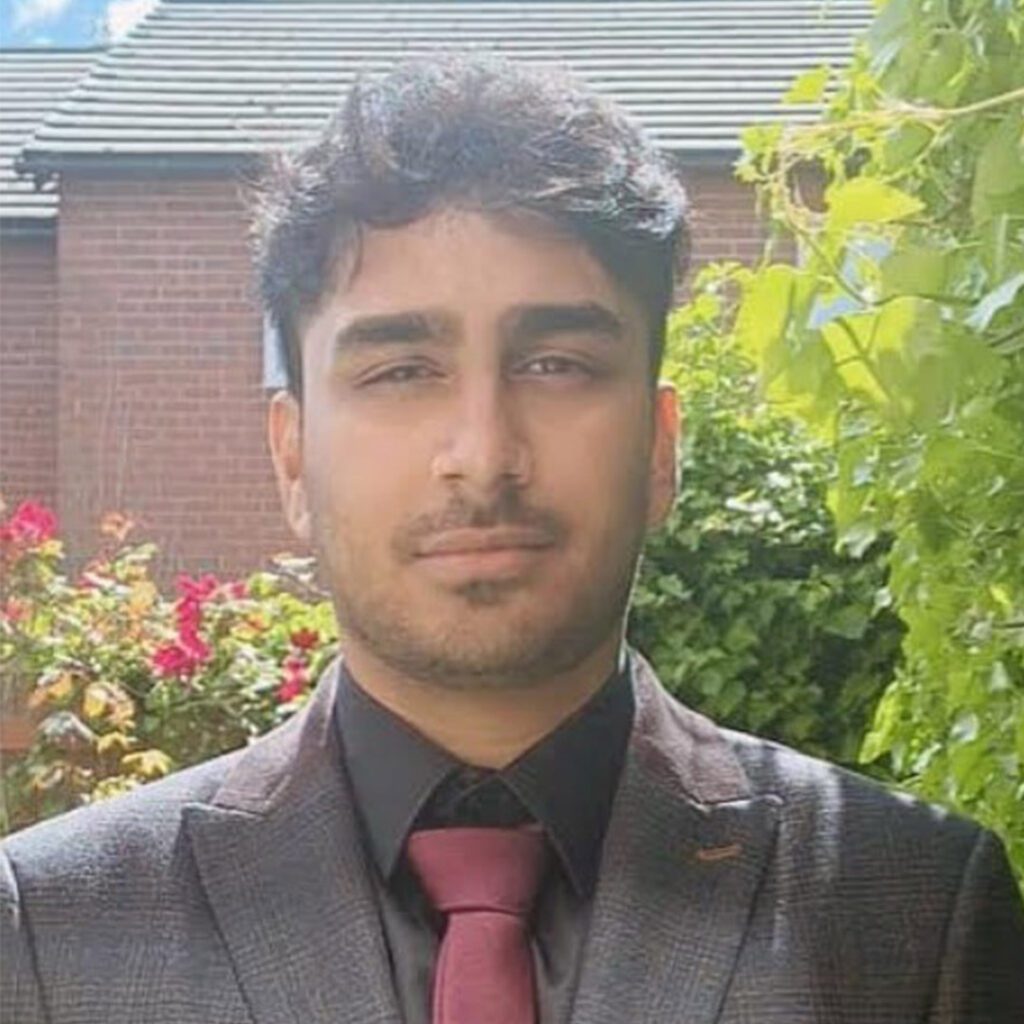
Lahiru Rajamanthri
Solid domestic waste separation using image processing
Mentors: Dr Nonso Nnamoko and Professor Yannis Korkontzelos
I worked on a research project which involved investigating solutions to automatically separate waste between being recyclable and organic. Since conventional waste separation relies heavily on manual separation of objects by humans; the process is inefficient as it is time consuming and prone to more errors compared to a well-designed computer system. During the research project I extracted features from a deep learning model consisting of around 25000 images of organic and recyclable waste. The features were then used as input data for a machine learning model to train and test the accuracy of model using different machine learning classifiers and compare the results.
I had an amazing experience with the RIMES project, I am very grateful for the opportunities this project offered me such as participating in an interview with the BBC Lancashire radio station and gaining a huge head start for some of the modules in my 3rd year of studying computer science. I have been able to meet great people from different ethnic backgrounds taking different paths in life which further emphasizes how much unrealised potential we all have in the research field.
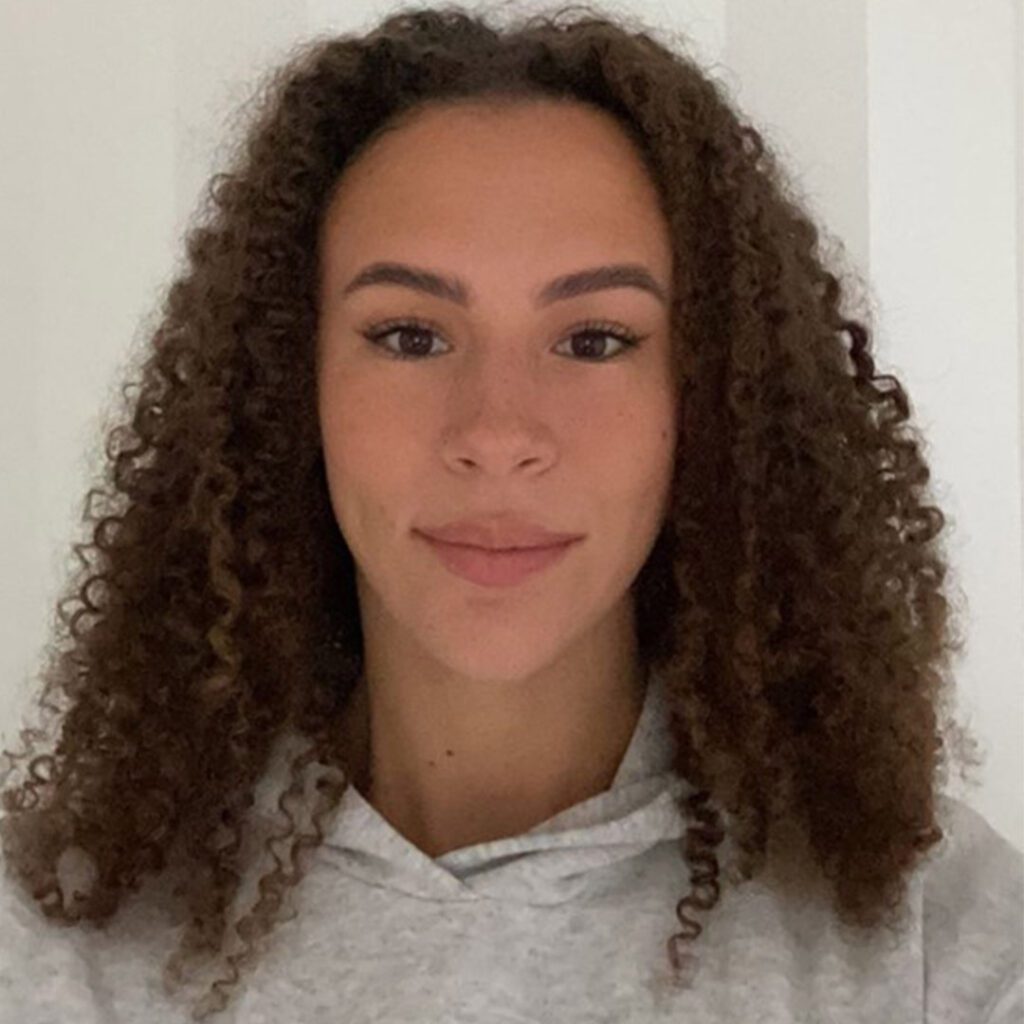
Yasmin Draoui
Factors Associated with Children and Young People’s Mental Health in the English-speaking Caribbean.
Mentors: Dr Shaun Liverpool and Dr Michael Owen
The objective of the research project in which I participated was to investigate societal and personal factors that can both improve and harm the mental health of adolescents in a Caribbean society. In order to develop a well-informed understanding of the factors influencing adolescent mental health and to inform intervention techniques, this was done by analysing published research investigating the relevant topic and making comparisons between various regional and cultural examples.
As a psychology student, I find social interactions and their subsequent effect on the individual to be fascinating. I am appreciative of the opportunity I was given to take part in a research project that allowed me to further examine this and where I also learned academic skills to improve my research abilities. This experience opened my eyes to the potential of psychological research and the ways in which it might be applied to help various communities.
This has motivated me to continue my studies with the aim of eventually conducting similar research in Morocco to assist the younger generation by advancing the understanding of mental health and its significance to the development of children.
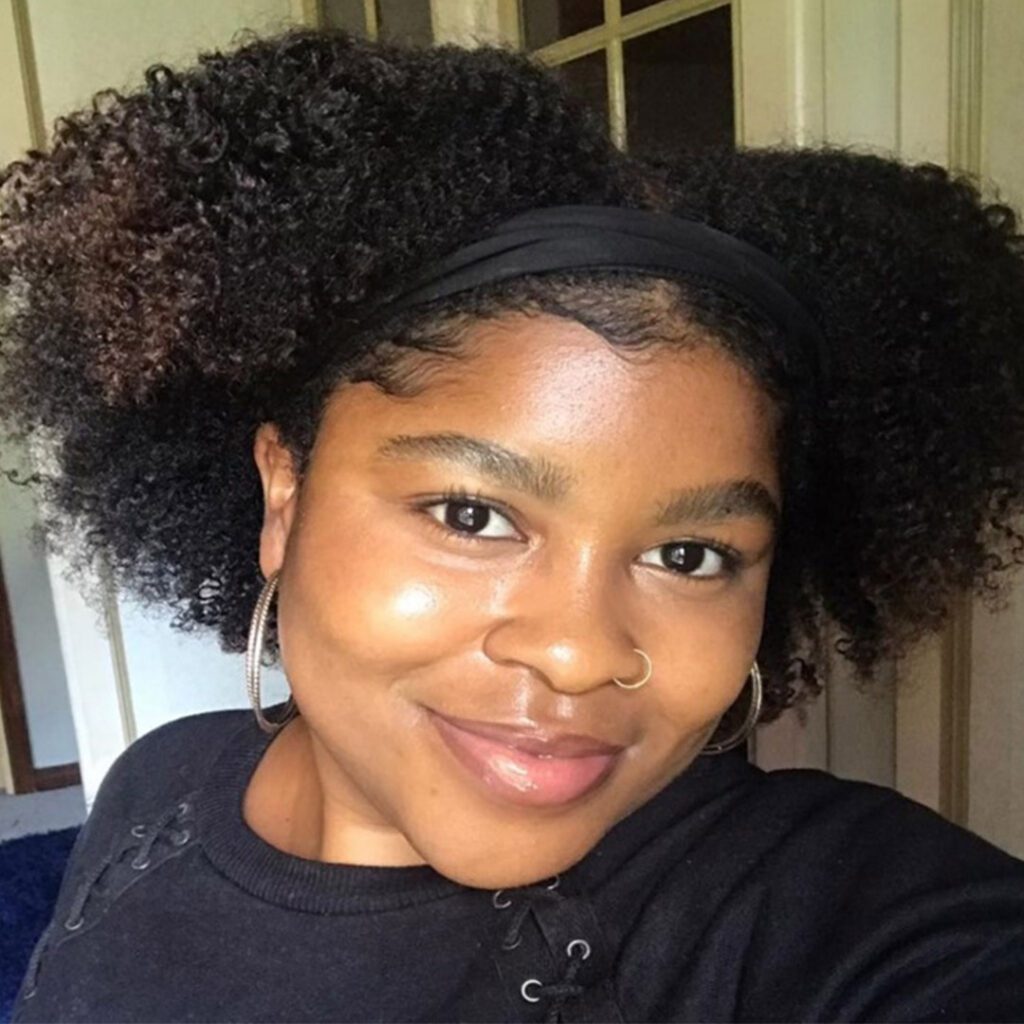
Judea Tucker
Factors Associated with Children and Young People’s Mental Health in the English-speaking Caribbean
Mentors: Dr Shaun Liverpool and Dr Michael Owen
The aim of my project was to explore factors which contributed to the mental health of young people in the English-speaking Caribbean. Overall, it was looking at the existing literature on the topic and seeking to discover the factors and their impact on the mental health of young people within this region. These factors could have had either a positive, negative, both positive and negative, or no effect on young people’s mental health.
I have enjoyed the duration of my time working on the RIMES project. Weekly meetings were held as a group, which was a helpful way of discovering different opinions and getting new eyes on the research papers – allowing me to better approach my tasks in my own time. When navigating the papers in my own time some research papers were more challenging than others.
The more challenging papers either contained sensitive material or were formatted in ways that were hard for me to understand. When these papers would come up, I would exercise patience, and would bring them up for discussion at the weekly meetings.
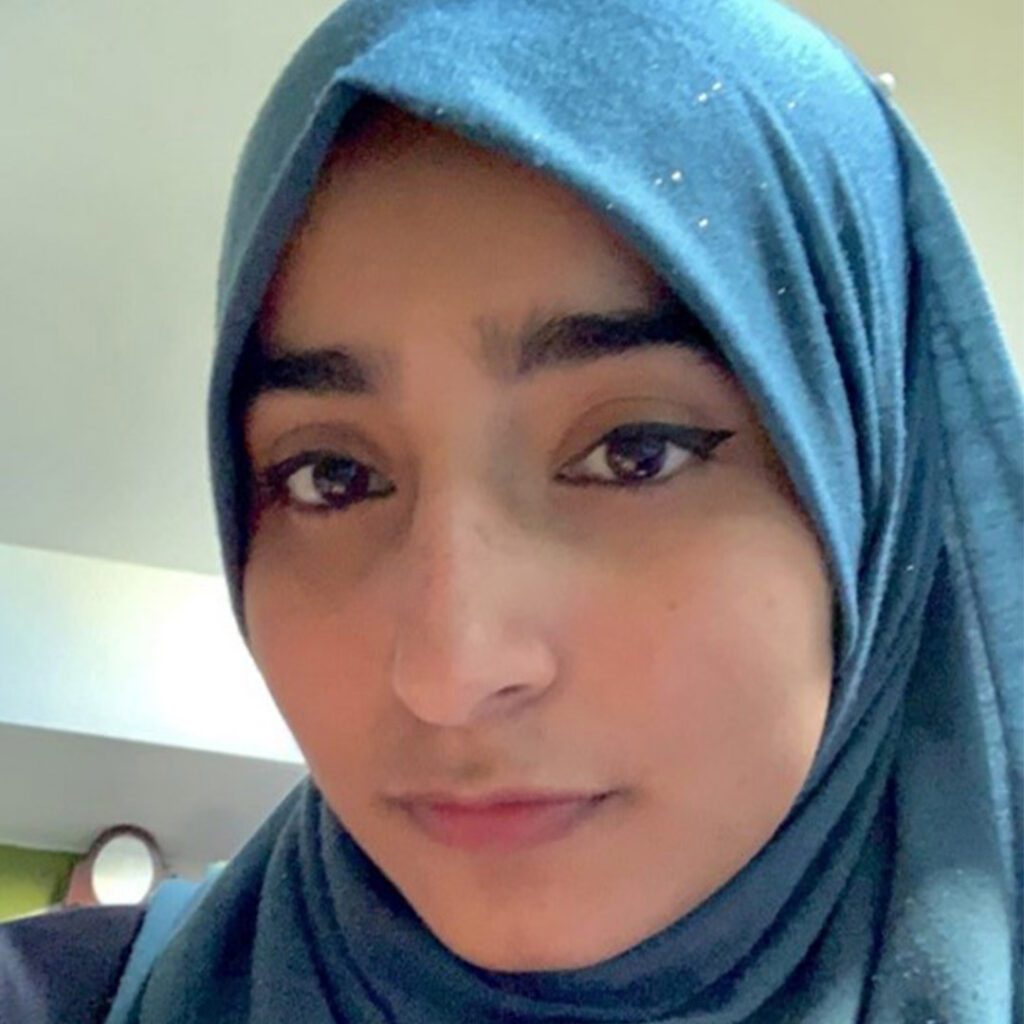
Masmat Aisha Kalhoro
Learning Outside of the Classroom to promote principles underpinning UN Sustainable Development Goals with children aged 7-11 years.
Mentors: Professor Carol Robinson, Cait Talbot-Landers, Professor Amanda Fulford.
The RIMES project was introduced to me as a simple email from a friend, that piqued my interest because of its interesting aims and the strange amount of flexibility, freedom and rewards offered. It was questionable: £2000 to write about something that interests you? It was too good to be true. However, I signed up, knowing it would be an experience in itself, and from there, my journey with RIMES began.
After being introduced to numerous researchers and their projects on offer, I was given many options to explore, including mental health. However, as a recent graduate from the Undergraduate Primary Education course with a Minor in Learning Outside the Classroom, I wanted to carry out my future research on a topic relevant to both primary education and learning Outside the Classroom. This is something that would further enhance my understanding and support me in my future career. And the staff supported me wonderfully with acquiring the perfect research project: forming outdoor activities for primary-aged pupils based on the Sustainable Development Goals.
The project itself was knowledge-enhancing, providing me with an opportunity to develop an awareness of the Sustainable Development Goals (SDGs) and their importance and link within the Primary National Curriculum. I became the decision maker (a skill set highly looked upon in primary schools) and formed outdoor activities based on the SDGs.
The journey of undertaking the project had its ups and downs. There were moments of anger at technology not doing its job and moments of joy when a part was complete. But at every moment, the RIMES staff (Fiona, my Mentors and my acquaintances also undertaking the RIMES project) were always available and prepared to give all their support and assistance in any way they could. There was never a moment I felt confused or unaware of the tasks that needed completing. Every moment of this journey was invaluable.
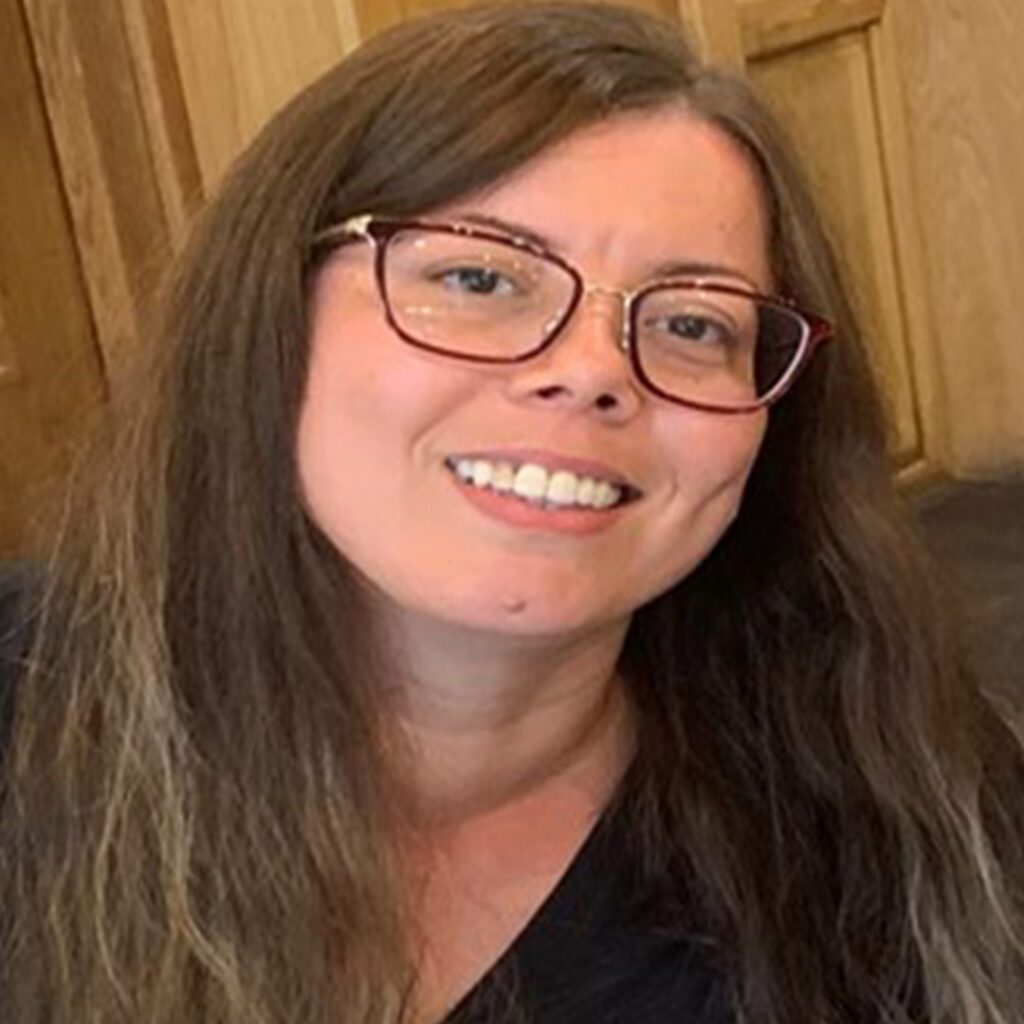
Fatima-Zohra Bouchannafa
United Nations SDG12 – Sustainable consumption and production patterns: A case study of Wagamama’s sustainable innovation practices.
Mentors: Dr Amee Yostrakul, Dr Kim Cassidy
First, I would like to thank Prof. Kim Cassidy and Dr. Amee Yostrakul for providing me the opportunity to be part of their project: Sustainable consumption and production patterns: A case study of Wagamama’s sustainable innovation practices.
During my internship experience with RIMES, I realized significantly that the future depends on the sustainable work we do today.
Accordingly, the data I have collected has helped me to develop my understanding of sustainability, while showing that Wagamama is not only committed to acting responsibly but also harnessing its knowledge of trends, behaviours and attitudes to food and interacting with consumers in various ways and with various purposes to deliver a wide set of food choices that all taste good, nutritious, healthy and sustainable.
I have learned, also, that sustainability plays a serious role in supporting businesses to improve their brand image and competitive advantages, increase their productivity and reduce costs, increase their ability to comply with regulations, reduce their waste and carbon footprint, make shareholders happy, and attract employees and investors. Sustainability drives our work!
Nowadays, people are building on nascent awareness that personal health is entangled with the health of the environments in which food is produced, therefore, they do not want to be linked to companies implicated in ecological disasters and social welfare scandals.
Overall, people like to be associated with the positive, especially younger generations raised on a steady diet of environmental protection messages.
“If it can’t be reduced, reused, repaired, rebuilt, refurbished, refinished, resold, recycled, or composted, then it should be restricted, designed Removed from production.”
Pete Seeger, Folk Singer & Social Activist
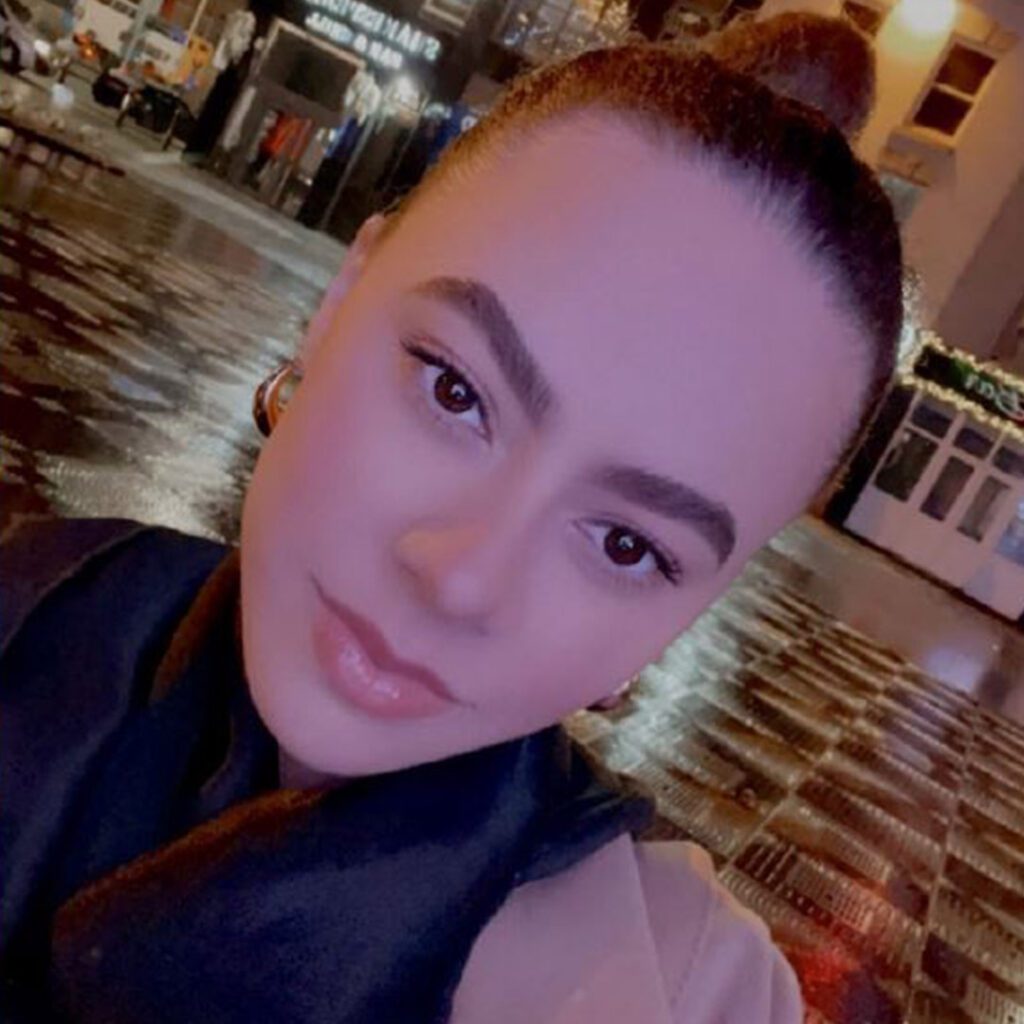
Harriet Ruddock
Community-led Television, Local Voice and Climate Action.
Mentors: Dr Elke Weissmann and Belinda Tyrell (University of Liverpool)
From a research perspective, assisting in such a heart-felt project was such a rewarding role. Due to working as a crew member on Love Wavertree I was able to have a better understanding of some of the community-led research, aiding my assistance on the project when it came to communicating ideas with people involved, creating a bibliography to support the research at hand, as well as helping my understanding and articulation of the final report sent to the British academy. Ultimately the project looked at the following research questions: What role do communities play in working against climate change and how can more people be motivated to become involved in taking climate action?
I am grateful that the responsibilities and roles I experienced as a student on this RIMES project have inspired me more than I could have hoped for. As well as developing my own research and practical skills within media and research-based projects, my participation has allowed for this experience to benefit me intellectually, through witnessing the passion among local community members to do better. This has inspired me to become even more aware to the environment and even more passionate about making the world a better place one small step at a time.
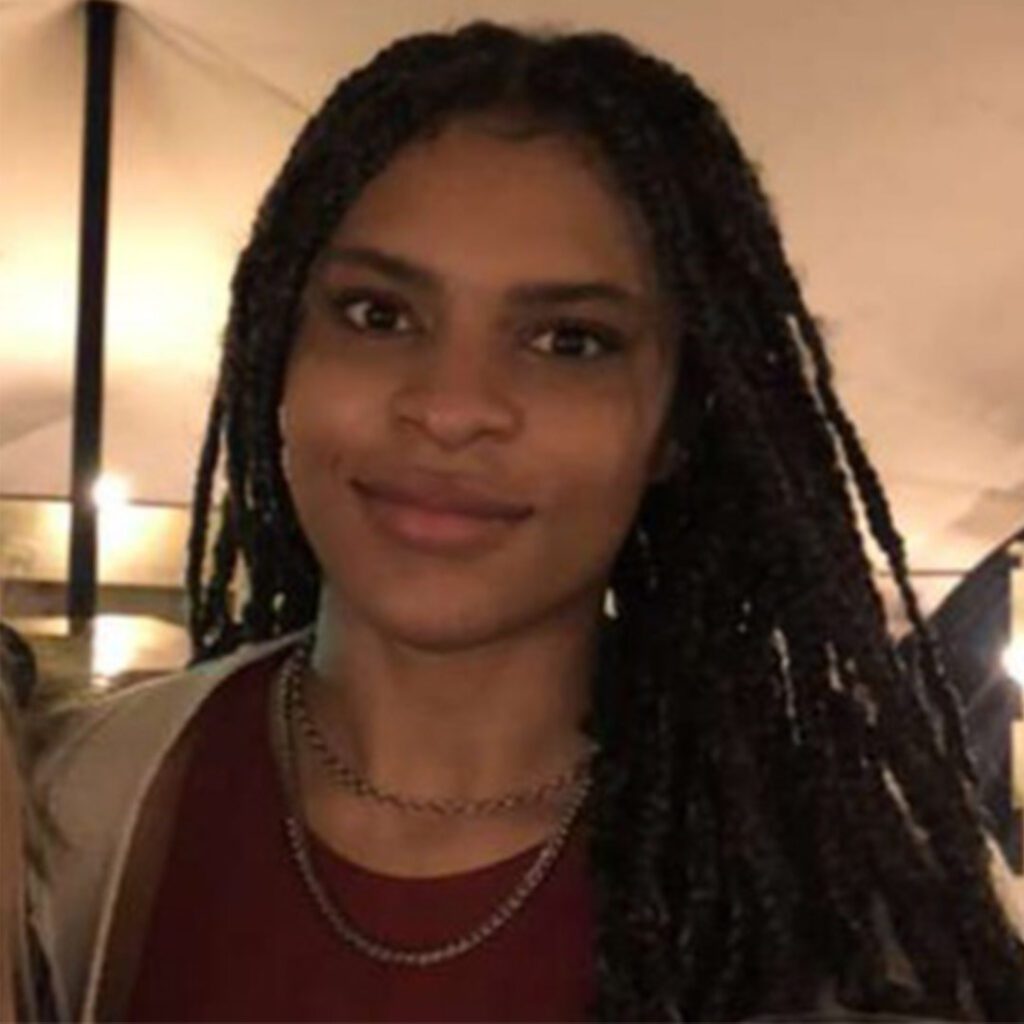
Justice Wood
Central Banks and Climate Change: Mission Impossible?
Mentors: Professor Jay Cullen and Dr Jennifer Giblin
My project was about how central banking cannot help the fight against climate change. Essentially, the project explained that the bank’s mechanisms to reduce climate change with various policies and finances wouldn’t work, because the impact it has is rather smaller compared to other ways of fighting climate change. For the project I first did several tables which expressed key figures to our statement and then I proceeded to do two literature reviews which outlined key areas of discussion for the project.
During my time on the RIMES project, I found the project leaders very supportive and understanding throughout. Though I experienced many challenges outside of the project which hindered my progress, I felt I had enhanced my skills and produced good pieces of work. I also got to communicate with some of the other internship holders which made me feel more comfortable during the internship.

Shantanu Gupta
Corpus-based study of newspaper attitudes towards autism and climate-change activism: visualisation of results.
Mentors: Dr Themis Karaminis, Professor Geoffrey Beattie and Dr Costas Gabrielatos
Being a part of Edge Hill University and studying BSc (Hons) in Web Design and Development equipped me with some key skills that I was able to implement throughout the RIMES Internship project. By completing the project, I not only learned new skills but also transcended my skillset required to follow up a career path in the tech industry. At the start of the project, I learned more about different data-driven methods through tutorials in order to display datasets using Python more interactively. There were lots of coding challenges involved, with the plotting of data and deploying applications on a live server which were completed by dedicating enough time and learning to the project.
Apart from the technical aspects, the documentary conducted by RIMES has also led me to believe and learn more about the media, and how it holds power to influence people and inform them about sustainability. In conclusion, I would like to say the project has not only given me the technical experience required in the industry but also expanded my horizons on topics that involve sustainability development and learning about alarming consequences, if necessary, action is not implemented.

Humza Muhammad
International variations in primary care physician consultation time: a systematic review of 67 countries.
Mentors: Dr Greg Irving and Dr Mohammed Moinuddin
The research project I took part in sought to update a systematic review. The original paper looked at the time a patient spent with their GP in various countries across the globe. This is an important research topic because “primary care-driven health systems are effective at reducing disease, mortality and promoting a more equitable distribution of health worldwide.” Hence, the time a patient spends with their GP is essential in providing the quality of care required. In relation to the UN sustainability goals the project aids in meeting good health & well-being and reducing inequalities. It aids in reducing inequalities by allowing nations to compare and learn from those which are doing better to drive policy change.
My experience on this internship has been amazing, I have been able to learn a staggering amount about how to carry out practical research. I worked on various elements of the systematic review from writing, running and fine tuning the search strategy, extracting the results, and applying the inclusion and exclusion criteria. Learning to do all this showed me the collaborative nature of research as I worked with new professions. The internship was also able to bring to life my theoretical knowledge. Scientific research is very much a whole world within itself, and this experience has not only given me a solid grounding but also the inspiration to pursue it further.
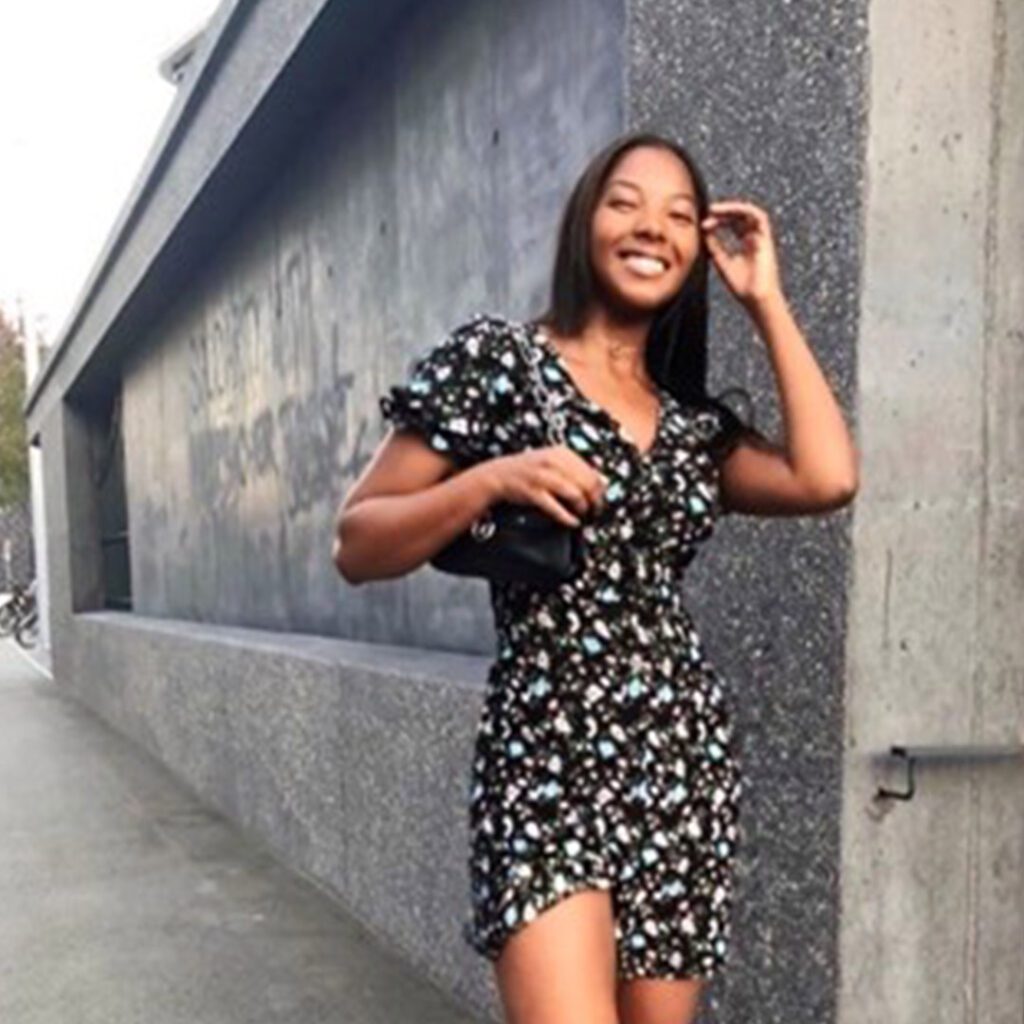
Nandi Clarke-Coulibaly
‘Fear of difference’: a performance.
Mentors: Dr Mark Edward, Dr Chris Greenough and Dr Cathy Butterworth
I am delighted to have been offered this opportunity to work on this important initiative. My project ‘Fear of Difference’ highlights, from an ethnic minority perspective, how communities become locked into attitudes and stereotypes that create social and political unrest, racial mistrust, segregation and psychological insecurities.
Our message in the performance focuses on the need to shift attitudes towards race and ethnicity and the piece sets an example for a future in which we continue to learn, grow together, progress and interconnect as a global community. This involves challenging long-held traditions to expand our intercultural horizons and embrace difference.
I started with a mix of emotions: excitement, trepidation, and anticipation. I’m aware of the importance and significance of this RIMES Internship and its link to the United Nations Sustainable Development Goals and I’m keen to do my internship justice! I reflect on the challenges set before me. How can I bring this project to life from a dance perspective? How can I convey my research and practice through performance? I’m keen to use storytelling through the body and voice. My chosen output was video as it can reach a wider spectrum of people.
It’s been an exceptional learning opportunity. From an artistic lens, it has helped my understanding of the relationship between performer and camera. Regarding choreographic development, it has helped me to structure movement to convey the message and of how to direct performers on set artistically.
I have managed resources and performers. I have honed my communication skills through liaising with facility managers, the documentary team, presenting to the university leaders and liaising with other interns, so everyone stays connected.
Precious to me are the strong working bonds forged with project team members, fellow interns and members of the academic team. I will take these connections forward with me into the future. It’s been an extraordinary journey that I have been lucky enough to share. Having the mentors guiding and giving their creative and academic input has been invaluable.
It has been an entirely collaborative project, and as an intern, I am grateful to my performance and mentors alike.
Research Internships for Minority Ethnic Students (RIMES) homepage